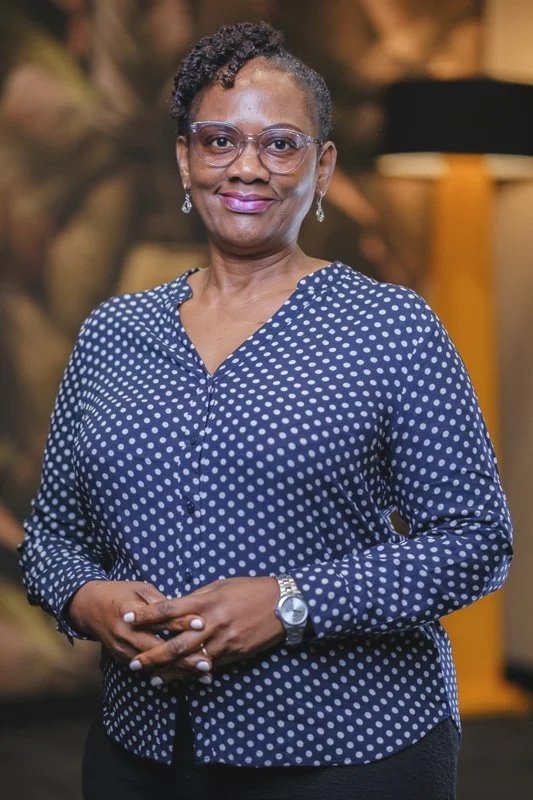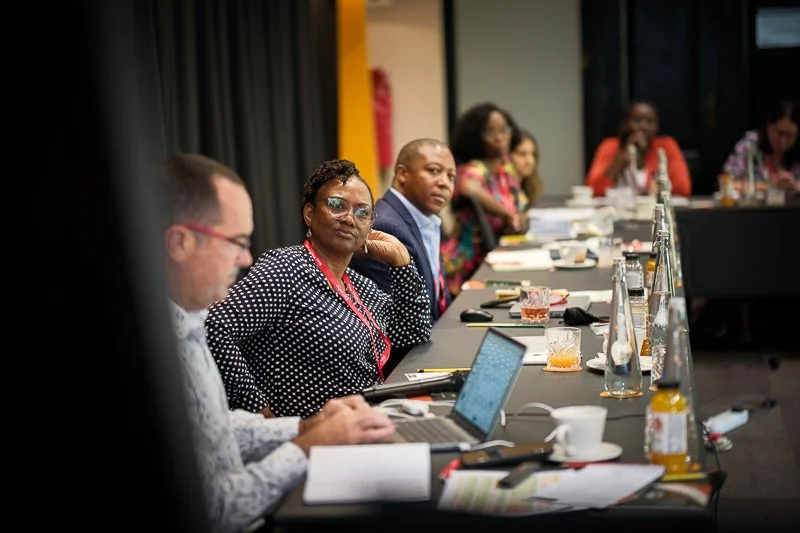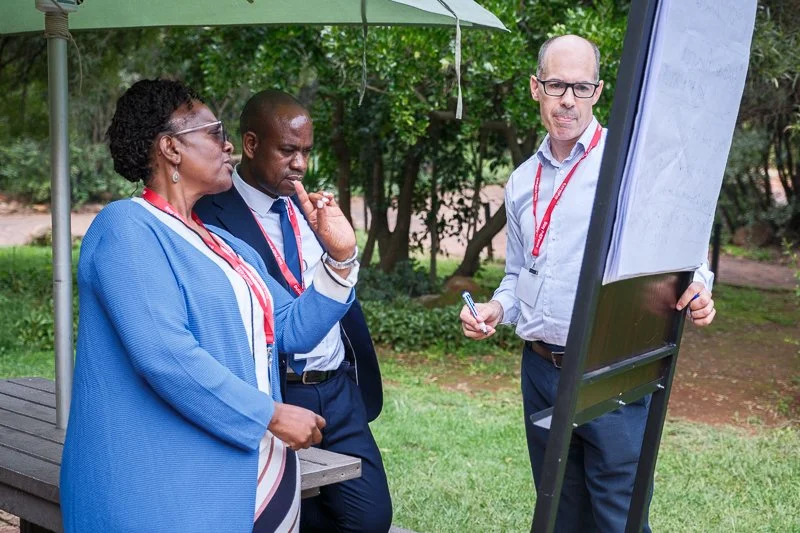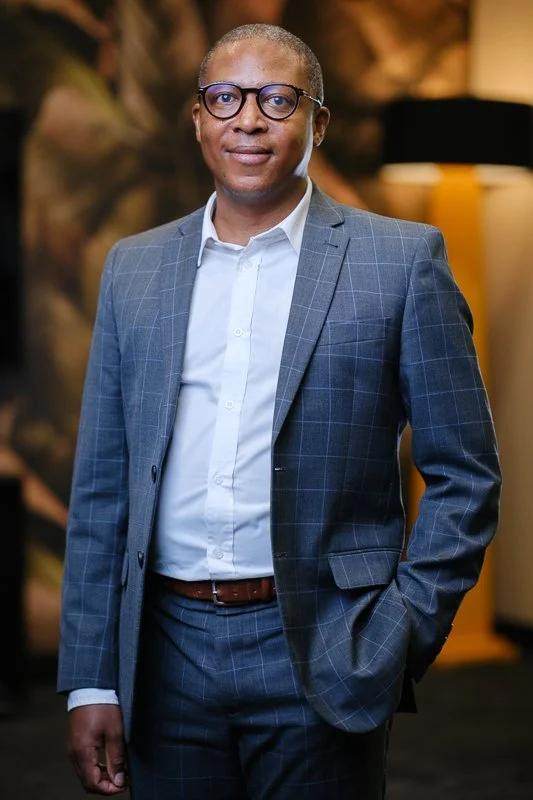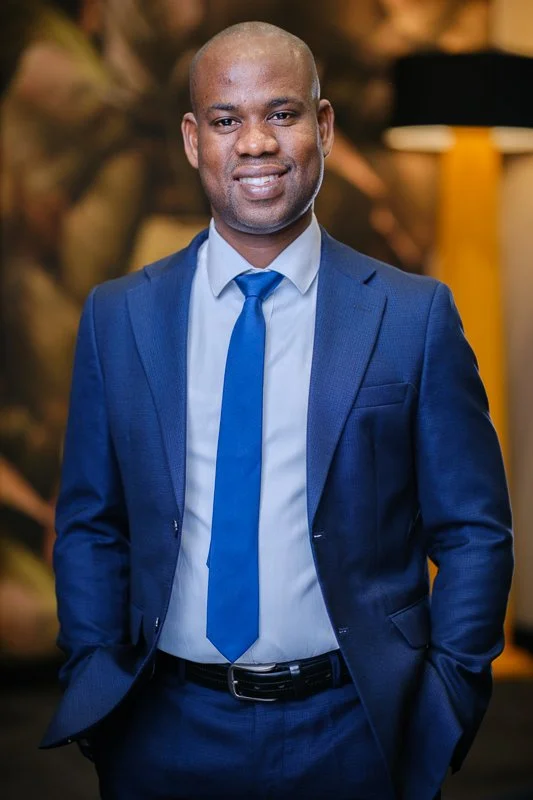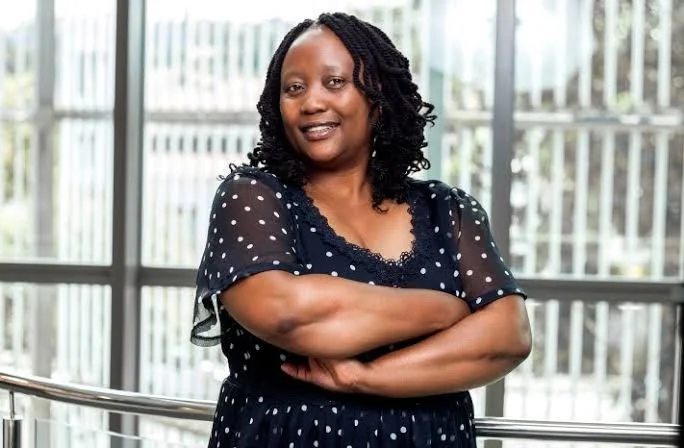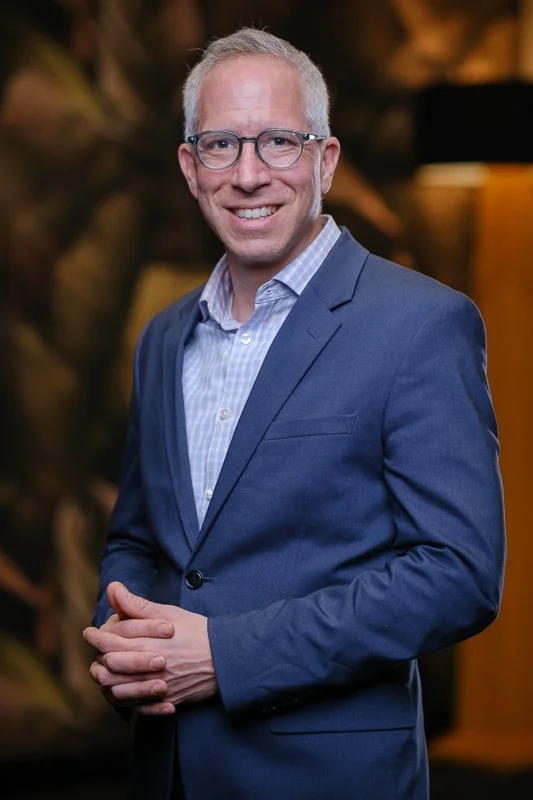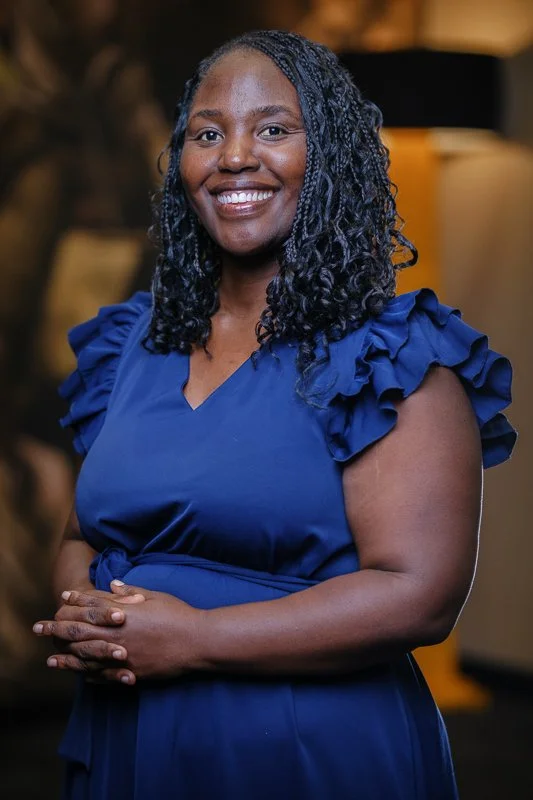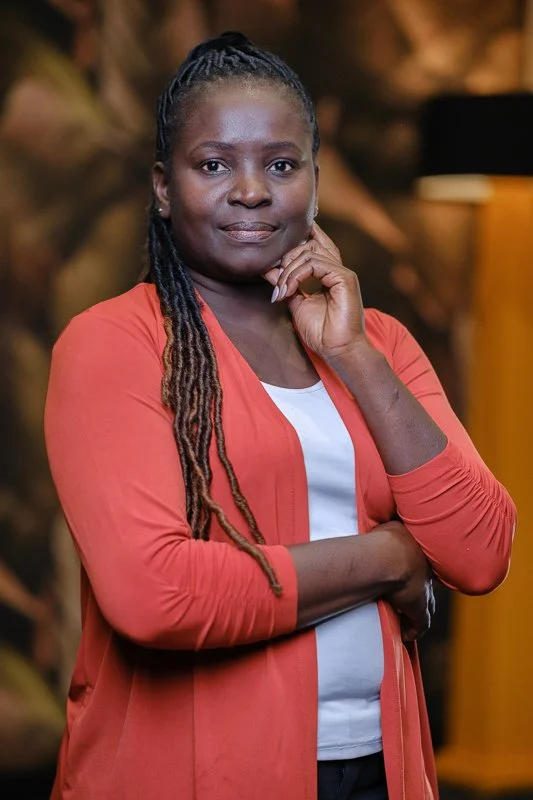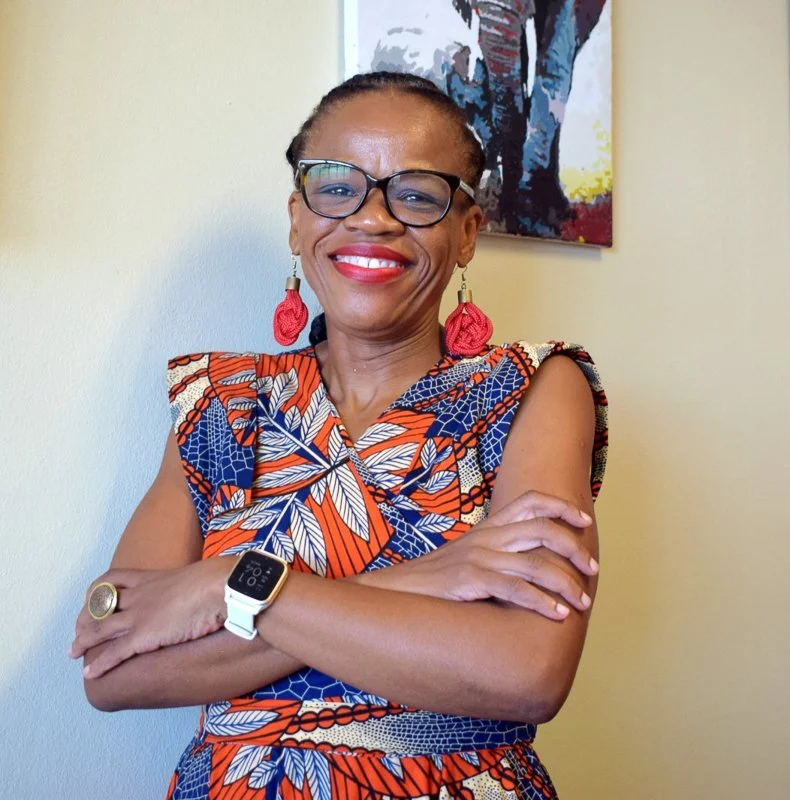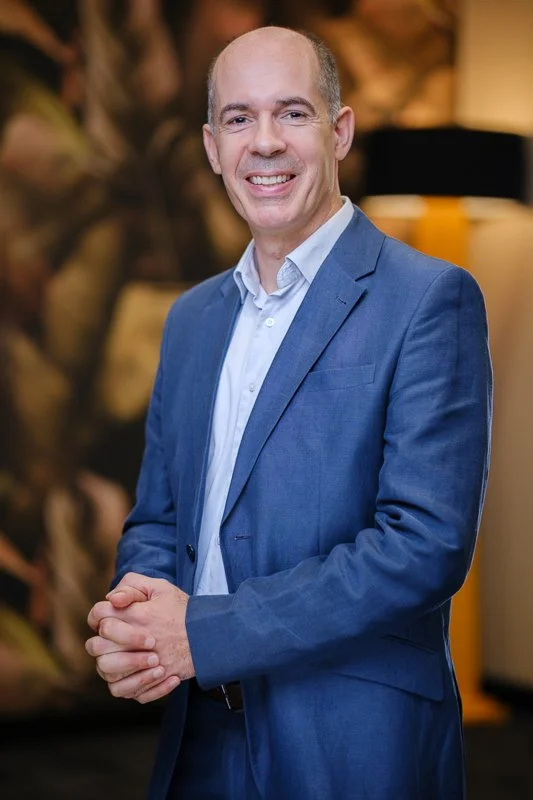Juliet Mwanga-Amumpaire
Director, Epicentre Research Base
Associate Professor, Mbarara University of Science and Technology
Dr. Juliet Mwanga-Amumpaire is the Director of Epicentre Mbarara Research Centre, the research arm of Médecins Sans Frontières (MSF), and an Associate Professor of Pediatrics and Child Health at Mbarara University of Science and Technology. With over 15 years of experience, she has led both facility- and community-based research on healthcare quality and clinical trials in infectious diseases such as TB, malaria, and HIV, aiming to reduce the disproportionate burden of illness in rural Uganda.
Her research has also expanded to non-communicable diseases (NCDs), which account for more than 30% of deaths in Uganda and place a heavy burden on rural communities. Collaborating with clinicians at Mbarara Hospital, she is developing research protocols and algorithms for early detection of pediatric cancer to improve outcomes. Alongside her research, she is committed to capacity building, mentoring junior investigators at both Epicentre and Mbarara University. Her expertise positions her to lead ethically sound and impactful research that addresses pressing health challenges in Uganda.
What attracted you to the GLISTEN program?
“It empowers me as an African researcher to also come up with my ideas and look for funding and collaborate within the region and answer questions or challenges in the African region faces.
GLISTEN is attractive because it takes my ideas as an African researcher in context to address the challenges that the people in Africa face.”
Five years from now, what would make you think GLISTEN was successful? Which outcomes and achievements will you consider as defining this initiative as successful?
“Five years from now I want GLISTEN to be a strong consortium that’s really sustainable and that would have enrolled many partners working together and that we should have some research results already.
We should have publications from the different researchers, but the most important is that we should have produced evidence that we present to policymakers to make change about the way health is run."
What is your challenge to peers in the scientific community?
“For my colleagues in the scientific community, collaboration is the way to go. A job shared is a job made easier and you can’t sit alone in a silo and think you can manage because no one knows everything.
It’s very very important that we go for collaborative research as scientists.”

